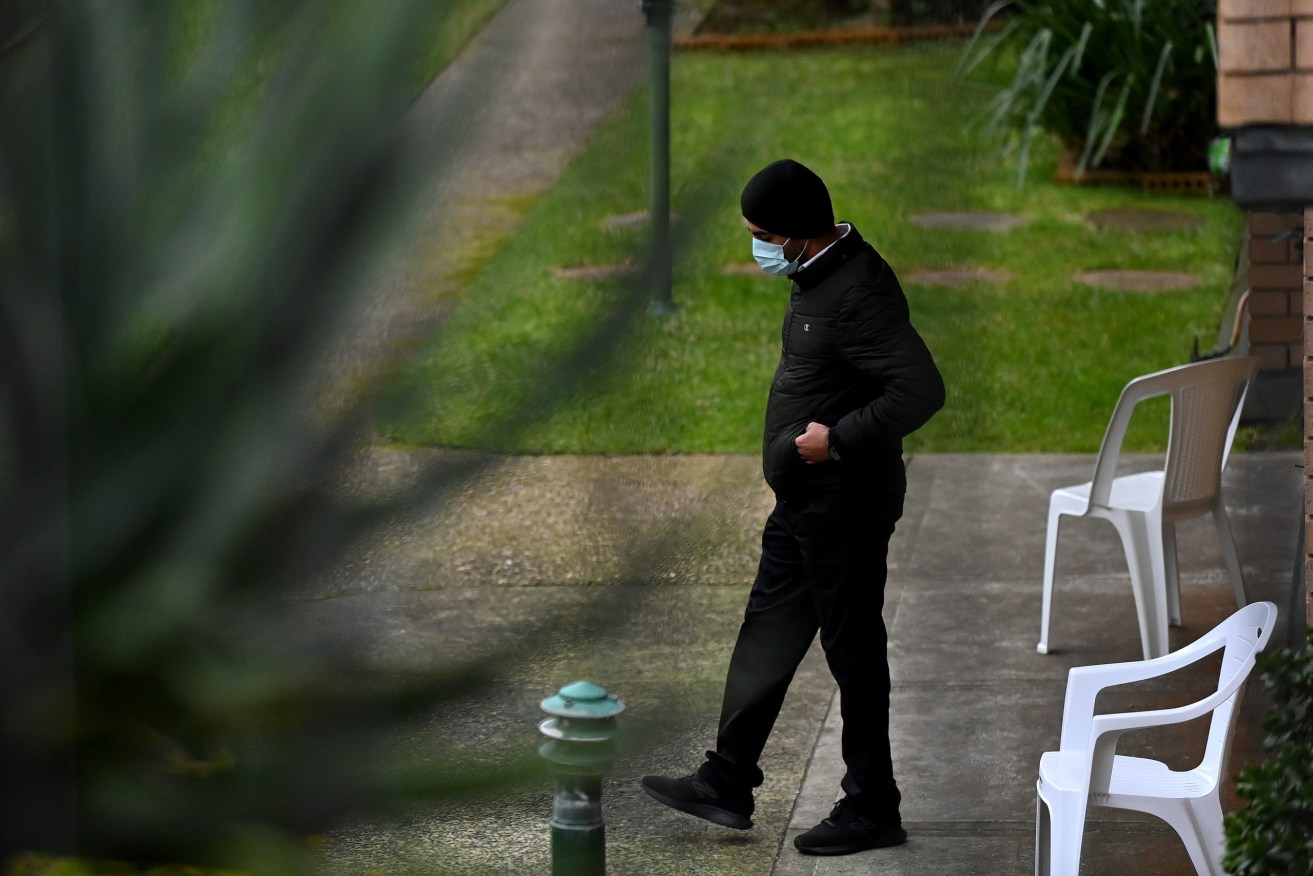As mental health crisis looms, focus shifts to wellbeing, not illness
COVID-19 has forced people, and organisations, to do things differently. Mental health experts say a similar approach will be needed to deal with the fallout.

Queensland recorded 6682 new cases, with 914 people with the virus in hospital, 18 of whom were in ICU. (AAP Image/Bianca De Marchi)
The Queensland Alliance for Mental Health (QAMH) is the peak body for the community mental wellbeing sector in the state, representing more than 100 organisations and stakeholders.
In a major research and policy report released today at the State Library, QAMH has called for a landmark shift in the focus of healthcare, from managing illness to actively supporting wellbeing.
QAMH chief executive Jennifer Black said there had been a surge in demand for services that government should recognise as an opportunity to do things better.
“More and more people are experiencing distress and want to look after their wellbeing,” Black said.
“Our services are perfectly placed to support people, because not all mental distress needs a medical response.”
According to the report, the pandemic has exposed the fault-lines in the system and the need for a broader response, utilising more community mental wellbeing services to help people manage.
“The full impacts of COVID-19 have not yet been realised and are difficult to predict,” the report states.
“What we do know is that the psychological distress is widespread, stemming largely from the immediate impacts of the virus and the consequences of physical isolation and separation from and/or death of loved ones. In addition, many people have lost or are at risk of losing their income and livelihoods, creating uncertainty about the future.
“We know that there is strong evidence that employment has a positive relationship with mental health and that with every one per cent increase in unemployment, there is a comparable increase in suicide rates. What is clear, is that in the long term there is likely to be a significant increase in the number and severity of mental health issues requiring a response from the mental health system.”
The Black Dog Institute has reported an increase in calls to support lines like Beyond Blue and Lifeline, as well as online supports, of up to 40 per cent. Surveys have shown an increase in mental health concerns, with some demographics still worse affected, while the risk of loneliness has prompted an inquiry by a Queensland Parliament committee.
Governments have increased funding for mental health however the report calls for ongoing support and a different approach.









